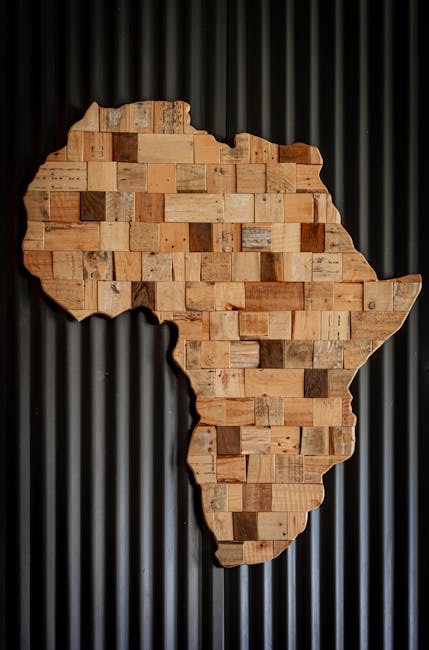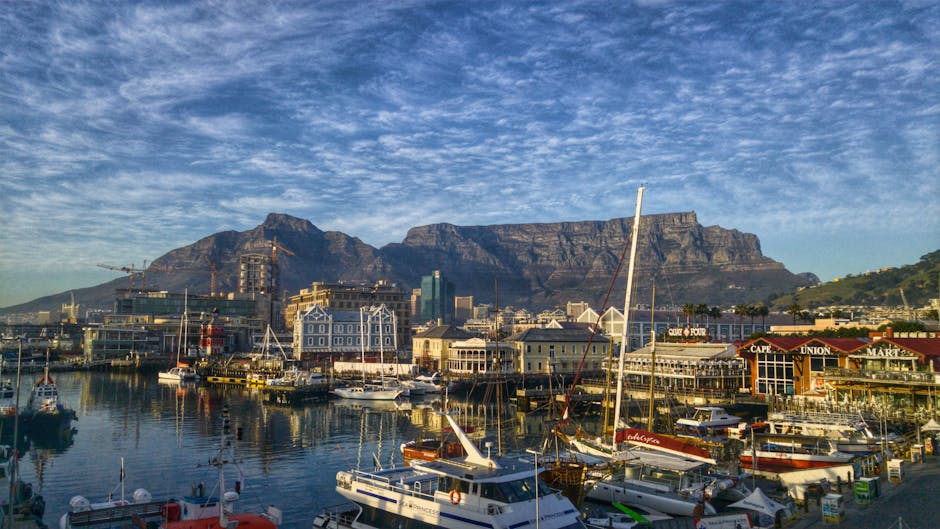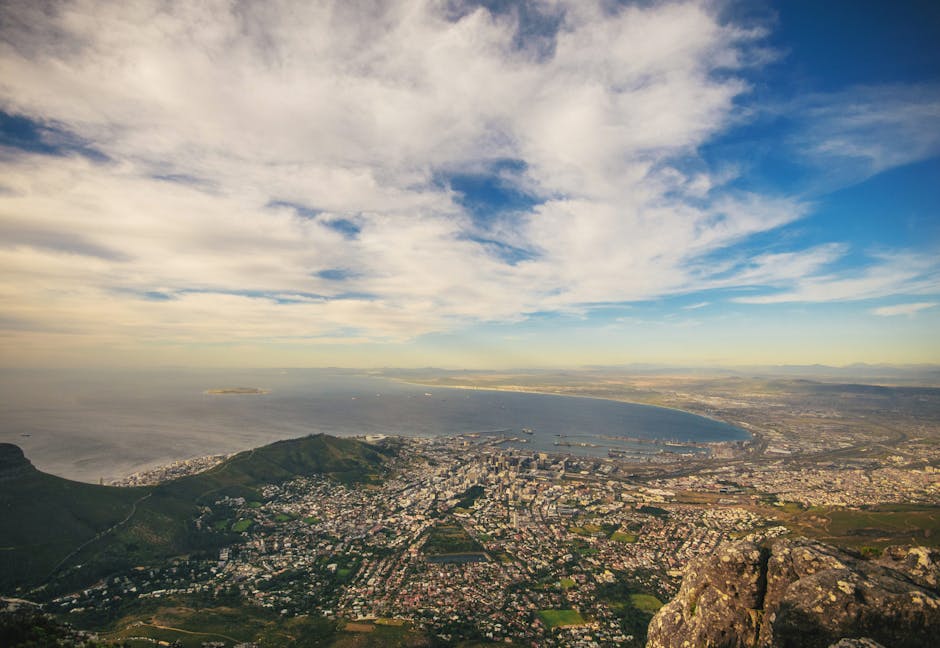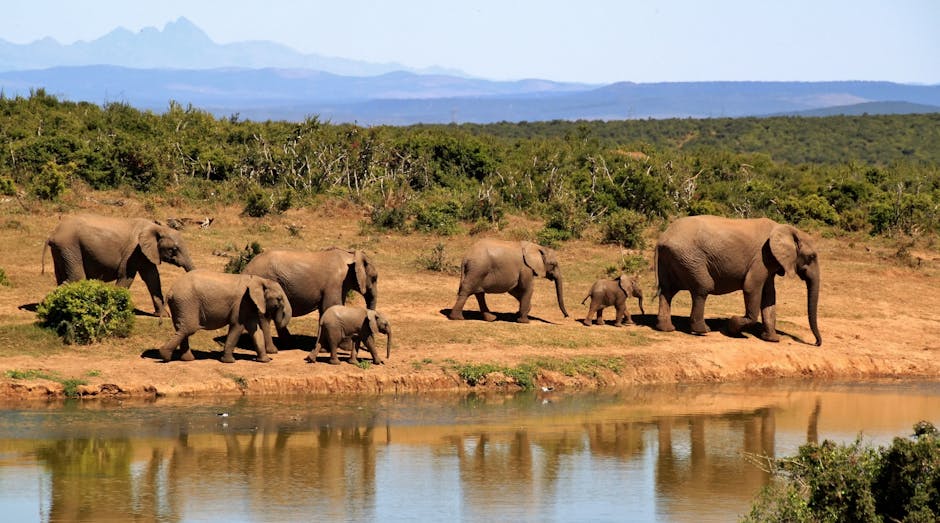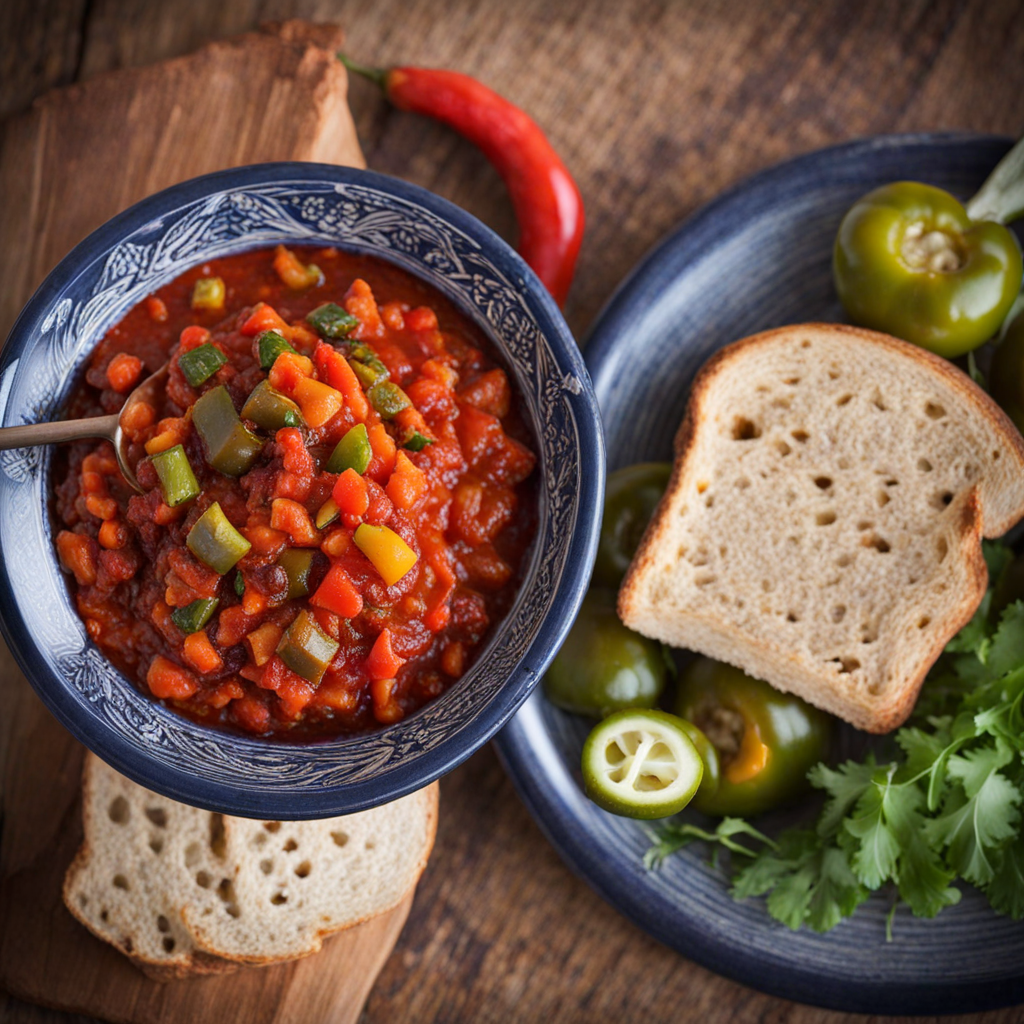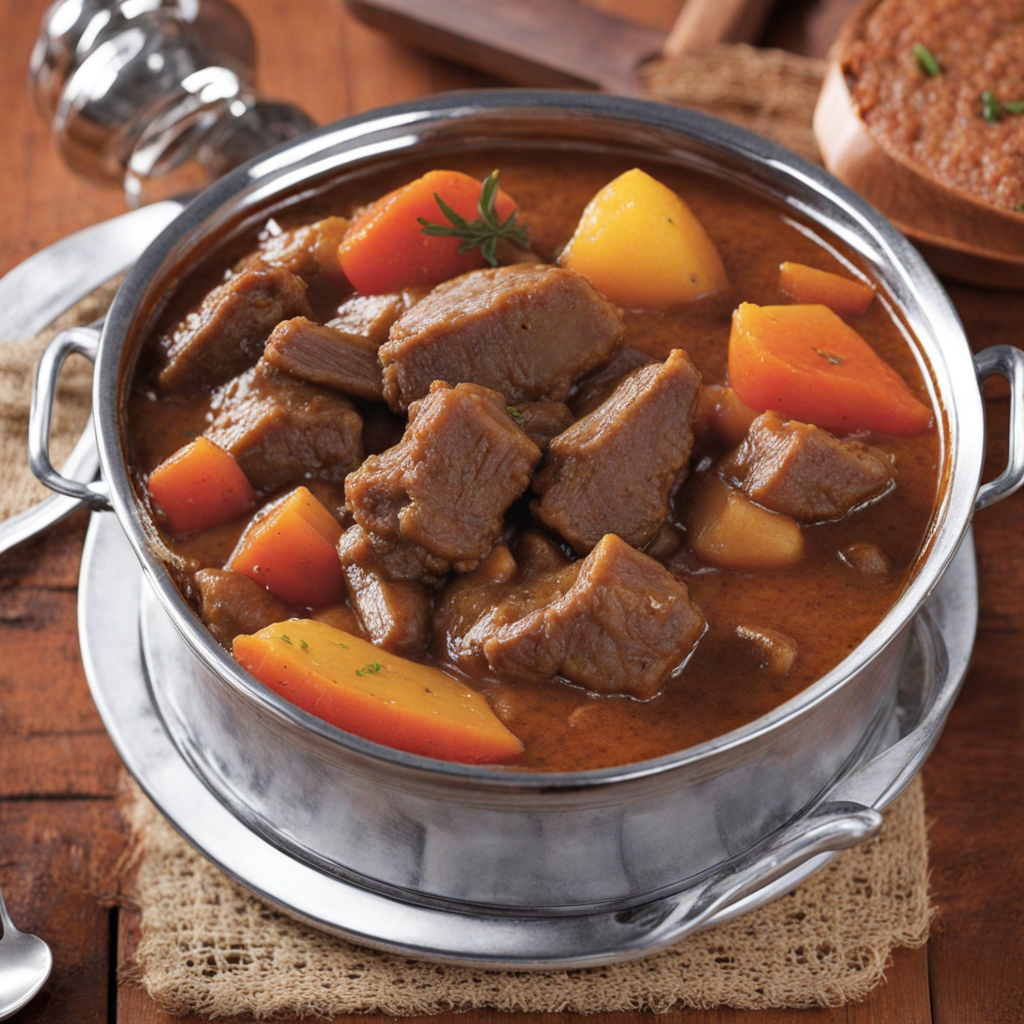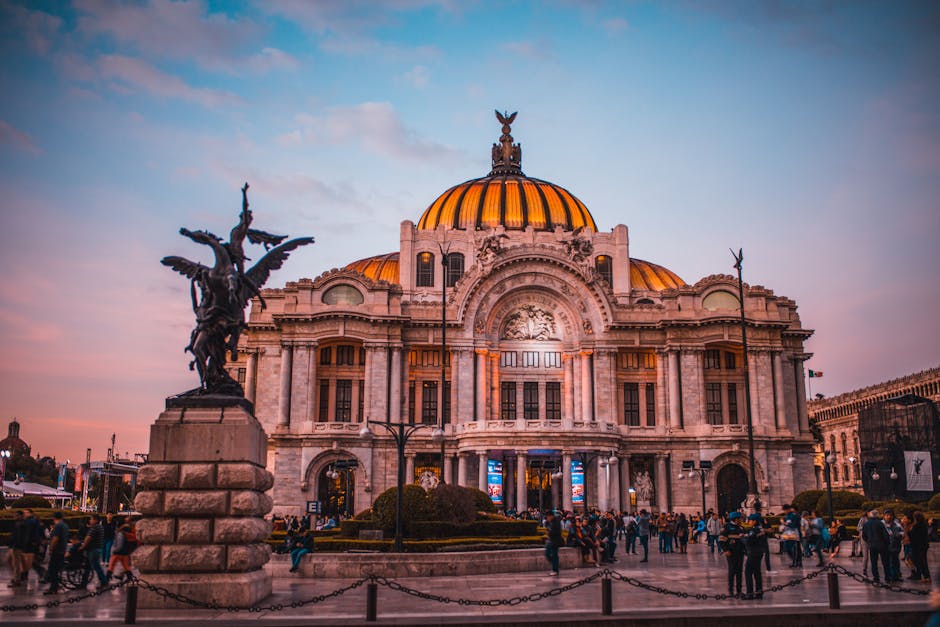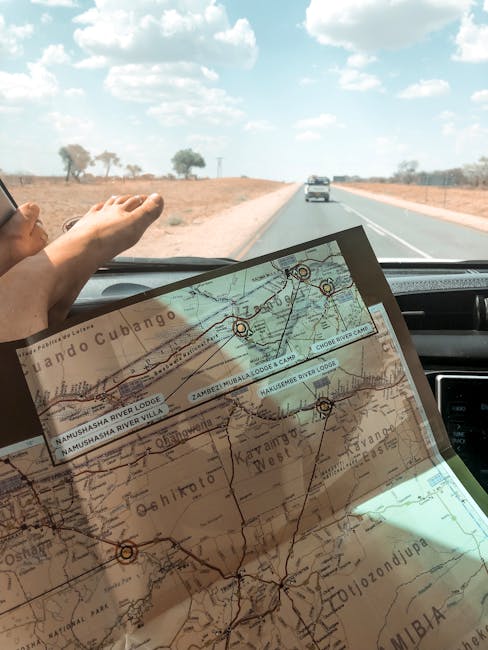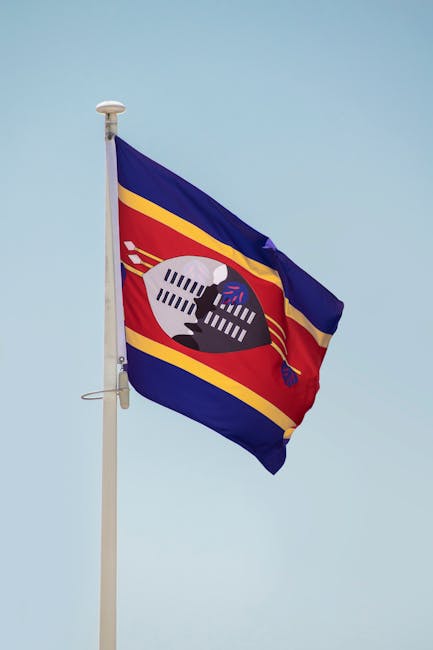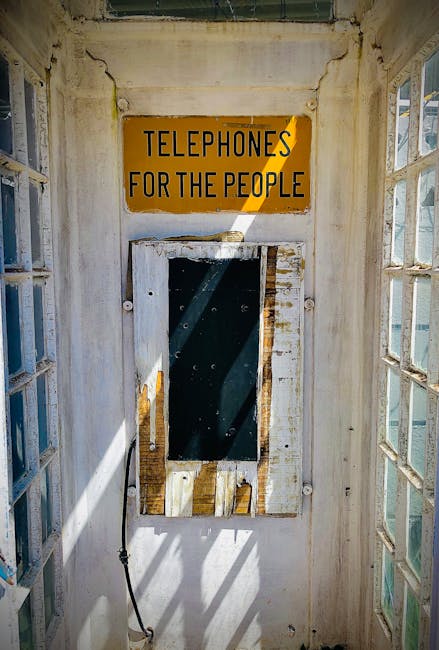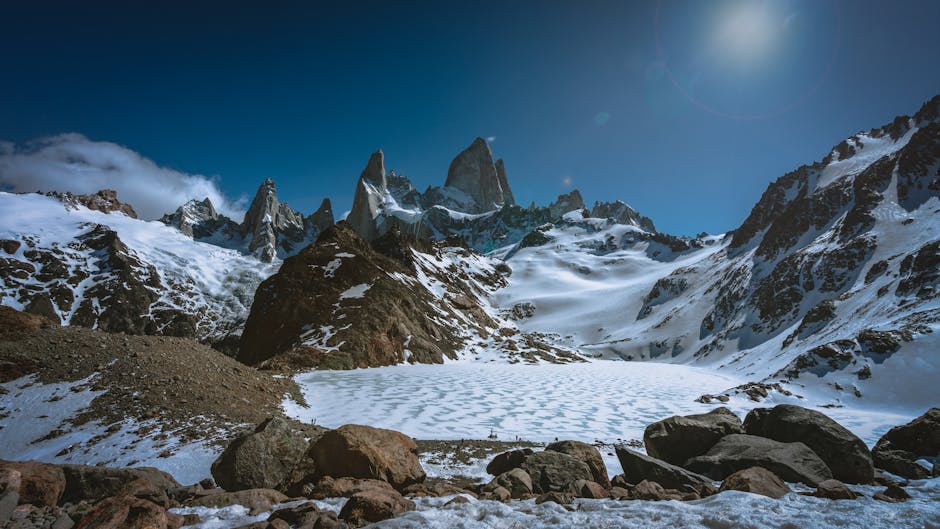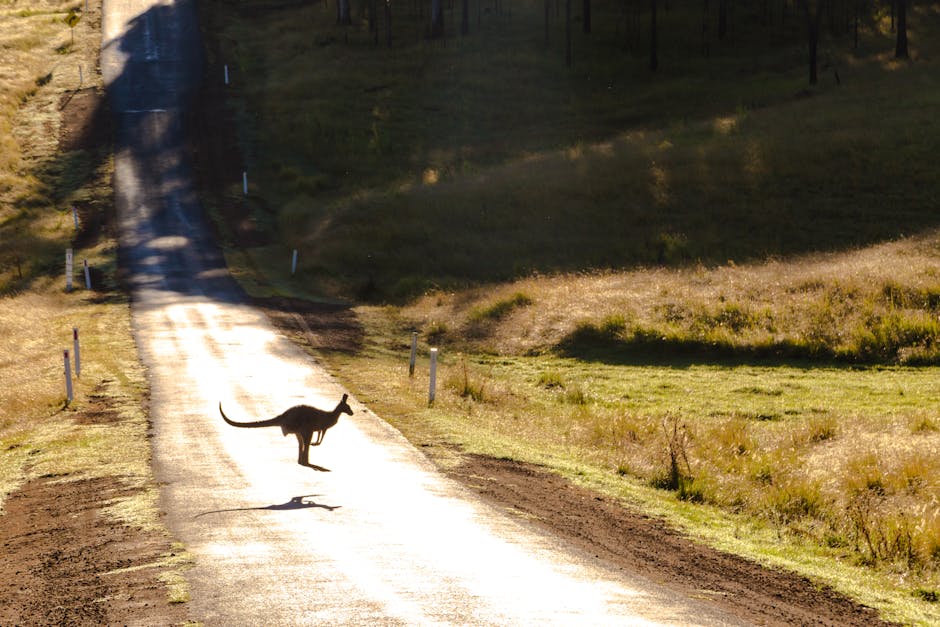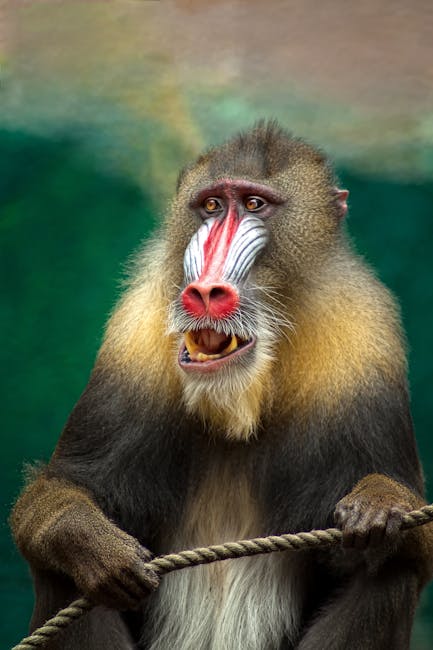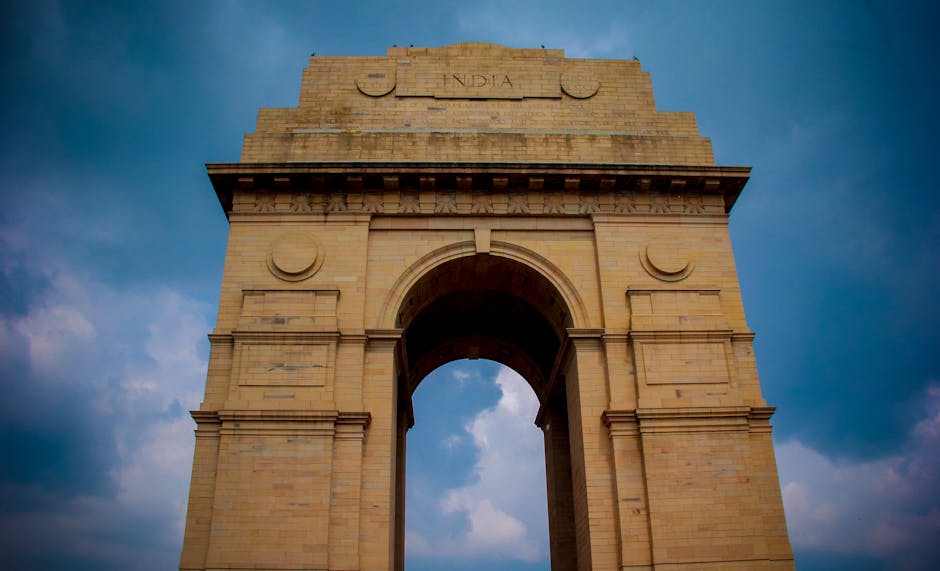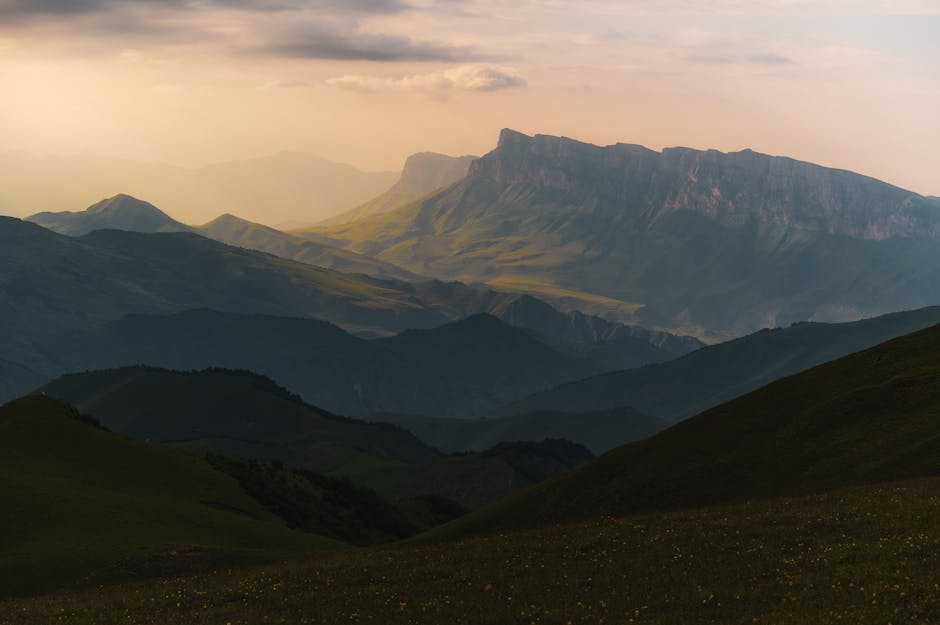South Africa
Overview
South Africa, located at the southernmost tip of the African continent, is a land of diverse cultures, rich history, and unparalleled natural beauty. It's a country that thrives on its multi-cultural heritage and is often referred to as the 'Rainbow Nation' due to its multicultural diversity. South Africa's uniqueness lies in its mix of African, European, and Asian cultures, all of which are reflected in its languages, cuisine, music, and art. It's also home to numerous wildlife reserves, including the world-renowned Kruger National Park, where travelers can experience the thrill of spotting the 'Big Five' - lion, leopard, rhinoceros, elephant, and Cape buffalo.
The best time to visit South Africa depends largely on the activities you want to indulge in. For wildlife enthusiasts, the dry winter months from May to September are ideal for game viewing, as animals congregate around water sources. The summer season from November to February is perfect for beach activities, with temperatures soaring high. Cape Town, with its stunning coastline and vibrant city life, is particularly popular during this period. Additionally, this country offers a plethora of activities ranging from hiking in the Drakensberg Mountains, wine tasting in the Cape Winelands, exploring the history in Johannesburg, to surfing in Jeffrey's Bay.
Before visiting South Africa, travelers should ensure they have a valid passport with at least two blank pages for entry/exit stamps. A visa may also be required depending on your nationality. It's also recommended to get vaccinated for diseases like Hepatitis A and Typhoid. As the country has a high crime rate, it's advised to take safety precautions such as avoiding isolated areas, not displaying valuable items, and using reliable transportation. Buying a good travel insurance that covers theft, loss, and medical problems is also advisable. Although English is widely spoken, learning a few phrases in local languages like Zulu or Afrikaans could enhance your travel experience.
A Glimpse into the Past
South Africa, often referred to as the "Rainbow Nation," is a country rich in history, culture, and diversity. Its past is marked by the convergence of various peoples and cultures, making it a fascinating destination for travelers interested in exploring its complex heritage.
The Indigenous Peoples
Before the arrival of Europeans, South Africa was inhabited by various indigenous groups, primarily the San and Khoikhoi peoples. The San, known for their intricate rock art found in places like the Drakensberg Mountains, were primarily hunter-gatherers. The Khoikhoi were pastoralists, and together these groups formed the basis of the region's early human history. Travelers can visit sites like Tsodilo Hills in Botswana, just north of South Africa, to see well-preserved rock engravings that date back thousands of years.
European Colonization
In 1652, the Dutch established a refreshment station at Cape of Good Hope, marking the beginning of European colonization. This settlement, led by Jan van Riebeeck, aimed to supply ships traveling to the East Indies with fresh produce. As the settlement grew, it began to expand inland, leading to conflicts with indigenous populations. The Dutch settlers, known as Afrikaners or Boers, became a significant force in the region, establishing farms and engaging in trade.
The British Takeover
The British seized control of the Cape Colony during the Napoleonic Wars in the early 19th century, leading to further tensions with the Afrikaners. The Great Trek of the 1830s and 1840s saw many Afrikaners move northward into the interior in search of autonomy, resulting in the establishment of independent Boer republics, such as the Orange Free State and the Transvaal. This migration is a significant part of Afrikaner identity and is commemorated at sites such as the Voortrekker Monument in Pretoria.
The Discovery of Diamonds and Gold
The discovery of diamonds in Kimberley in 1867 and gold in Johannesburg in 1886 transformed South Africa's economy and intensified British interest in the region. These discoveries led to the Second Anglo-Boer War (1899-1902), a brutal conflict between the British Empire and the two Boer republics. The war ended with British victory and the incorporation of these territories into the British Empire. Travelers can explore the Cradle of Humankind, a UNESCO World Heritage Site near Johannesburg, where evidence of early hominids has been found, reflecting the area's deep historical significance.
Racial Segregation and Apartheid
In the 20th century, South Africa's history took a darker turn with the institutionalization of racial segregation. The Native Land Act of 1913 restricted land ownership for black South Africans, setting the stage for decades of discriminatory policies. In 1948, the National Party formalized apartheid, a system that enforced racial separation and oppression. Areas like Soweto, a township outside Johannesburg, became symbols of resistance against apartheid. The Soweto Uprising in 1976, sparked by students protesting against Afrikaans as the medium of instruction, marked a significant moment in the struggle for equality.
The Resistance Movement
Throughout the apartheid era, various groups, including the African National Congress (ANC) led by Nelson Mandela, fought against racial injustices. Mandela was imprisoned for 27 years, becoming a symbol of resistance. The peaceful protests, international pressure, and internal strife eventually led to the dismantling of apartheid in the early 1990s. Travelers can visit Robben Island, where Mandela was imprisoned, and learn about the harrowing yet inspiring stories of those who fought against oppression.
The New South Africa
In 1994, South Africa held its first democratic elections, marking a new chapter in its history. Nelson Mandela was elected as the first black president, embodying the hope for reconciliation and nation-building. The Constitution of South Africa, adopted in 1996, is one of the most progressive in the world, emphasizing human rights, equality, and freedom. Travelers can explore the Apartheid Museum in Johannesburg to gain insight into this transformative period in the nation's history.
Cultural Diversity
Today, South Africa is known for its incredible cultural diversity, with eleven official languages reflecting its varied heritage. Each province boasts unique traditions, foods, and festivals. The Cape Malay culture in Cape Town offers a rich culinary experience, while the Zulu and Xhosa traditions in KwaZulu-Natal and the Eastern Cape respectively provide insight into the country’s indigenous roots. Visiting local markets, such as the Neighbourgoods Market in Johannesburg or the Old Biscuit Mill in Cape Town, offers travelers a chance to experience authentic South African culture and cuisine.
Natural Wonders
South Africa is also renowned for its breathtaking landscapes and biodiversity. The Kruger National Park is one of the largest game reserves in Africa, home to the Big Five: lions, leopards, elephants, rhinos, and buffalo. Safari experiences provide travelers with a unique opportunity to connect with nature and witness the country's wildlife in their natural habitat. The scenic Garden Route, which stretches along the southern coast, offers stunning views, charming towns like Knysna, and outdoor adventures such as hiking and whale watching.
Modern Challenges
Despite its progress, South Africa faces significant challenges, including economic inequality, high unemployment rates, and social unrest. These issues are often rooted in the historical injustices of apartheid. Travelers should be aware of these complexities and engage with local communities to gain a deeper understanding of contemporary South African society. Initiatives like community tourism allow visitors to support local economies while fostering meaningful connections with the people.
Conclusion
South Africa's history is not just a tale of triumph and struggle; it is a rich tapestry woven from the threads of diverse cultures, experiences, and landscapes. From the ancient rock art to the modern-day vibrancy of its cities, the country's past continues to shape its present and future. For travelers, South Africa offers a unique opportunity to explore not only its historical landmarks but also the living history that resonates in its people, culture, and natural beauty.
Top cities for tourists in South Africa
Discover the Famous Cities That Might Captivate Your Interests
Must-Try Foods You Can't Afford to Miss
Indulge in a Variety of Fantastic Foods During Your Stay in South Africa
May Be Your Next Destinations
People often choose these countries as their next destination


